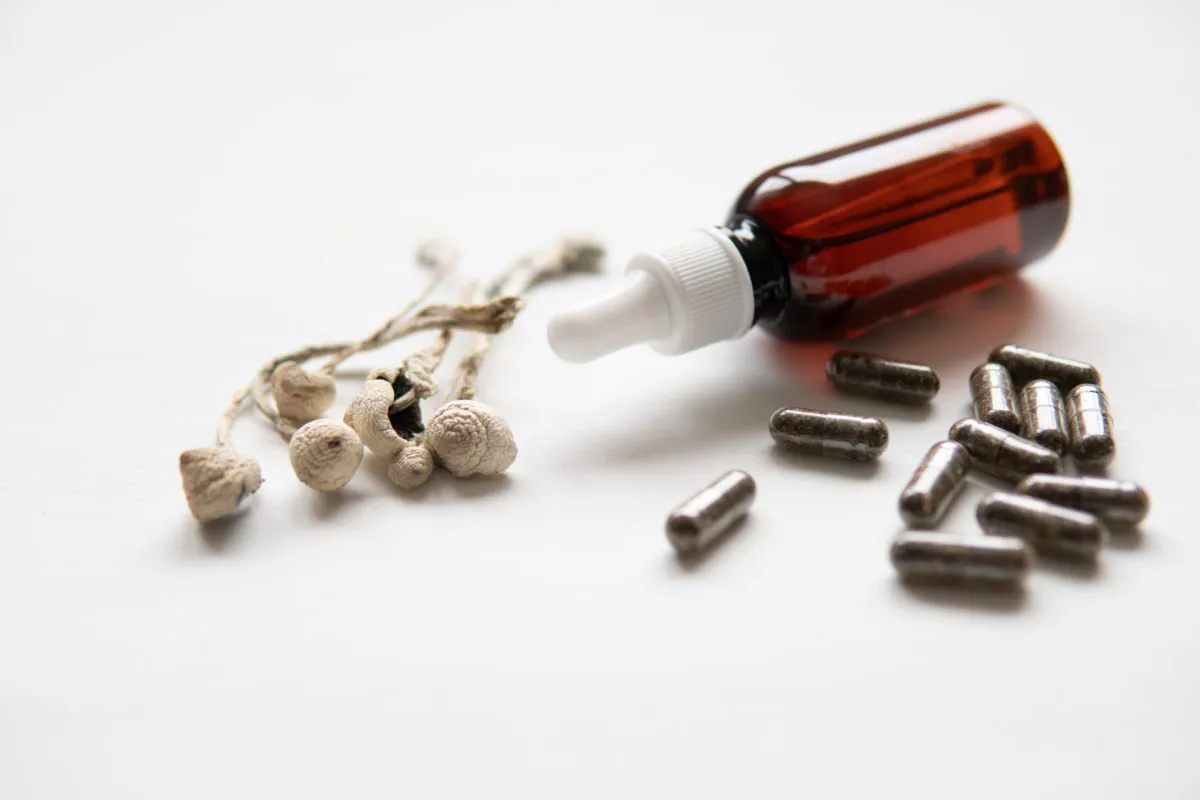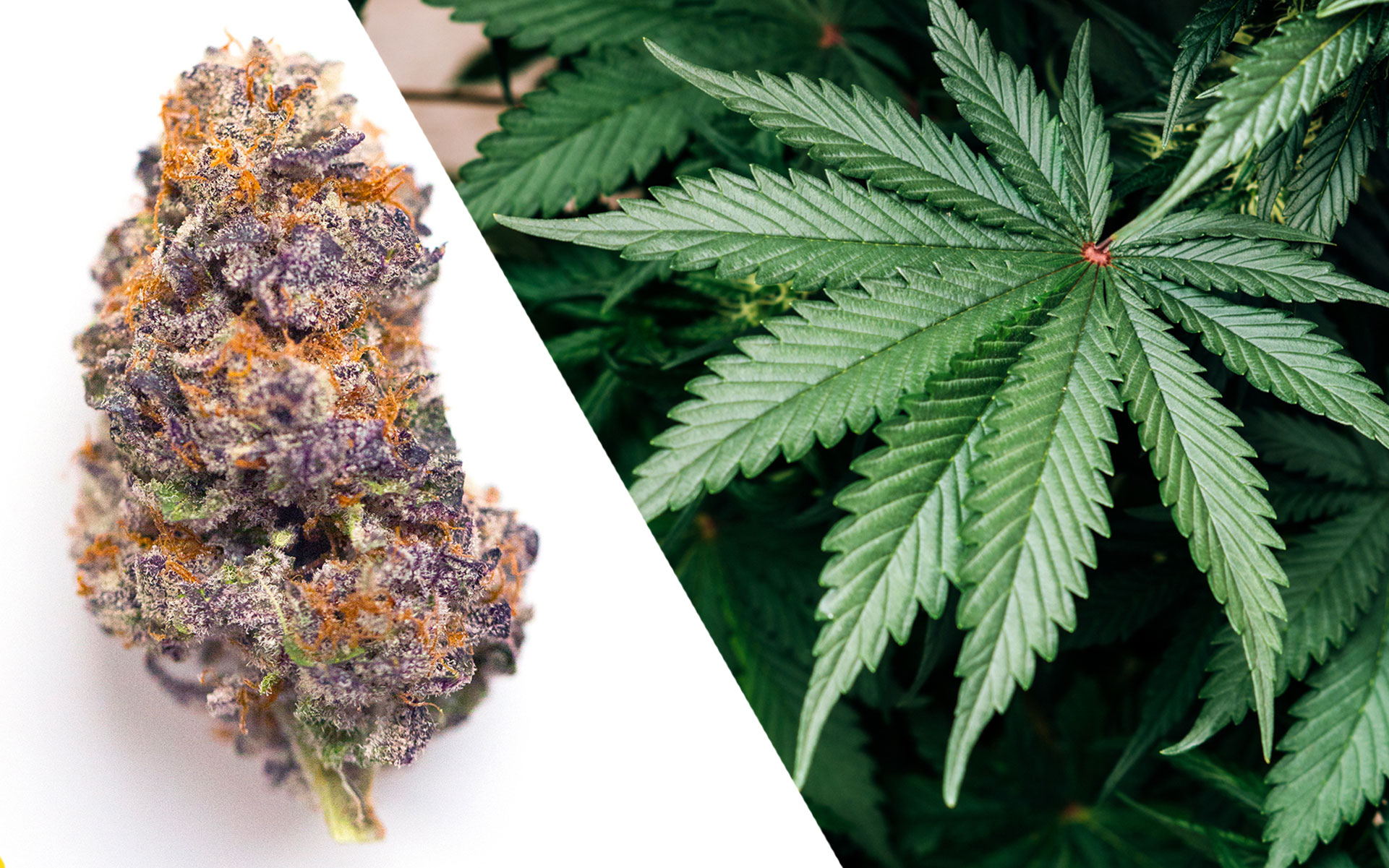Micro-Dosing Mushrooms: The Essentials For a Balanced Journey

Micro-Dosing Mushrooms: The Essentials For a Balanced Journey
Micro-Dosing Mushrooms: The Essentials For a Balanced Journey
In the realm of alternative wellness practices, micro-dosing mushrooms has gained popularity for its potential to offer subtle benefits without the intense effects of a full psychedelic experience. As interest in micro-dosing grows, understanding the key principles behind this practice becomes essential for a safe and effective journey. In this blog, we’ll explore the art and science of micro-dosing mushrooms, unraveling the key factors that contribute to a balanced and mindful experience.
1. Precise Dosage: The Foundation of Micro-Dosing:
The cornerstone of successful micro-dosing lies in precise dosage. Unlike recreational or therapeutic doses, micro-doses are sub-perceptual, typically ranging from 0.1 to 0.5 grams of dried psilocybin-containing mushrooms. Using a reliable scale to measure these small quantities is crucial for achieving the desired effects without veering into a full psychedelic trip.
- Reference: Prochazkova et al. (2018) emphasized the importance of accurate dosing for the effectiveness and safety of micro-dosing.
2. Establishing a Consistent Schedule:
Consistency is key in micro-dosing. Many practitioners adopt a schedule known as the “Fadiman Protocol,” taking a micro-dose every three days. This pattern allows for potential benefits without developing an immediate tolerance to the psychedelic compounds. Experimenting with different schedules while maintaining regularity is essential to find what works best for individual needs.
- Reference: Anderson et al. (2019) explored various micro-dosing regimens and their reported effects on mood, cognition, and well-being.
3. Set and Setting: Creating the Right Environment:
Just like with traditional psychedelic experiences, the environment in which you micro-dose plays a crucial role. Choose a calm, familiar, and comfortable setting to enhance the positive aspects of the experience. Mindful intentions and a peaceful atmosphere contribute to a more enjoyable and meaningful micro-dosing journey.
- Reference: Polito and Stevenson (2019) highlighted the impact of set and setting on the subjective experiences of micro-dosing participants.
4. Mindful Intentions: Setting the Stage for Positive Outcomes:
Clearly defining your intentions is essential for a purposeful micro-dosing experience. Whether aiming to enhance creativity, alleviate stress, or improve focus, having a mindful approach helps guide the experience towards the desired outcomes. Reflect on personal goals and intentions before embarking on the micro-dosing journey.
- Reference: Hutten et al. (2019) conducted a survey exploring the motivations, practices, and perceived outcomes of micro-dosing, emphasizing the importance of intentional use.
5. Self-Reflection and Adaptation:
Micro-dosing is a highly individualized practice, and effects can vary from person to person. Regular self-reflection is crucial for assessing how micro-dosing impacts mood, cognition, and overall well-being. Be open to adjusting dosage, schedule, or intentions based on personal experiences, and consult with healthcare professionals if needed.
- Reference: Ongoing self-monitoring and reflection are crucial aspects of micro-dosing, supported by anecdotal evidence and user experiences.
Conclusion:
Micro-dosing mushrooms is a delicate and personal journey that requires careful consideration and attention to key principles. The art and science of micro-dosing involve precise dosage, a consistent schedule, a supportive environment, mindful intentions, and ongoing self-reflection. As the field of psychedelic research advances, understanding the key factors behind successful micro-dosing becomes increasingly important for those seeking a balanced and positive experience.
Before embarking on the micro-dosing journey, consulting with healthcare professionals is advisable, especially for individuals with pre-existing medical conditions. With the right knowledge and a mindful approach, unlocking the potential benefits of micro-dosing mushrooms can be a transformative and enriching experience.

